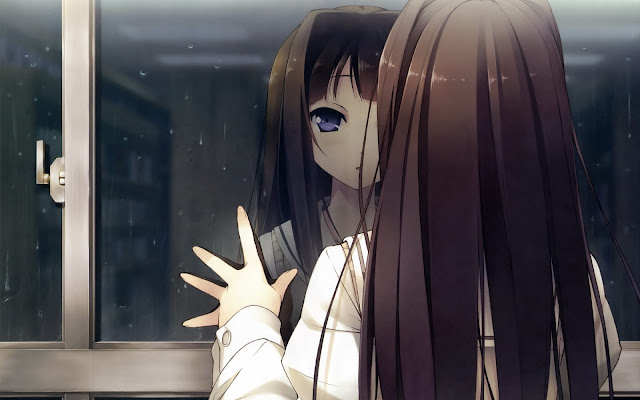On An Essay in Unitard Theory
"[Comic books] ... fail to prepare you for what lay outside those covers"
There is an assumption that people like to watch TV, play video games, or read comic books just to escape reality. To be fair, that is somewhat true.
Indulging yourself in fantasies and placing yourself in a story out of this world is pretty stress relieving. I myself fall into that demographic- I play MMOs and watch many anime series just to get rid of some of the bottled up stress I have. Fighting a raid boss with other people gives me that sense of community I don't really feel when I'm at school. Being able to relate to other characters in a show or in a chapter helps me feel like I'm not alone in whatever I'm facing. Sure, I'm just a shy person, but sometimes just getting out of the real world can be fun. I can't say anything for more extroverted people, but I think it'd have the same effect on them.
I disagree, though, that fantasy is useless, that it doesn't prepare you for the real world.
A coming-of-age story, Oyasumi Punpun, or "Goodnight Punpun", is my favorite manga (Japanese comic) of all time. Contrary to its appearance, it's an extremely dark and depressing story in its entirety that focuses on the daily life of Punpun, symbolized by a bird. I'm not going to summarize the whole story, as it is a vast network of plots, but Punpun is placed into various situations that test his moral capabilities. Through Punpun, the reader is also tested and asked "What would you do" in those very same situations. I found myself often choosing different options than what Punpun chose, which often frustrated me at times. Does he continue an outlaw and murder everyone else or does he turn himself in? Does he love for lust or love for the sake of love? Does he take advantage of others after being abused himself? Those are the questions the manga continually asks Punpun- and the reader- throughout its entirety.
Now, an argument can be made that the book never taught me any real practical skills like changing a tire or doing gas. Well, that depends on your definition of what "preparing you for the real world" means.
Personally, I find moral development one of the most valuable skills a human can have in the real world, because honestly, not everyone has them even into their adult years. Indulging in fantasies that question your ability to think and act as a person is a great personalized way to learn how you will make decisions in reality.





